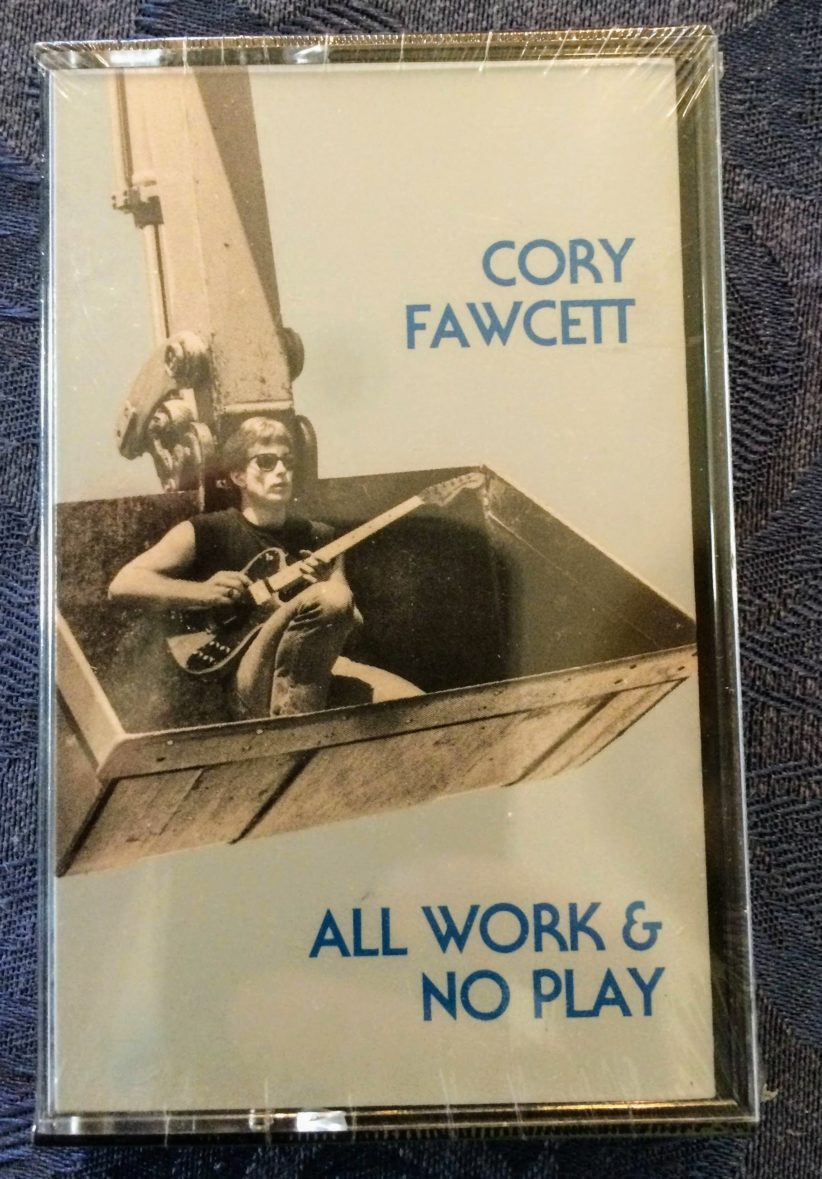Dr. Cory S. Fawcett describes himself as a repurposed physician, which is one of the more delightful descriptions of a retiree's encore career I've heard to date. I had the pleasure of meeting Cory (forgive my Californian's desire to remain on informal terms) at FinCon18, and he was far more than I expected:
- former rock star
- Stanford student (as a fellow grad, I'm biased)
- general surgeon, in a place where that still meant doing some of everything (vascular, thoracic, etc.)
- hometown boy made good by returning to his origins
- real estate mogul
- critical access hospital respite surgeon
- RV slow traveler
- financial makeover coach for physicians
Cory is a renaissance human with an interesting life before, during and after medicine.
He was kind enough to send me a set of his books before we'd met, and the one that first caught my eye was The Doctor's Guide to Smart Career Alternatives and Retirement.
Cory is a methodical thinker, and one of the strengths of the book is how he takes you through understanding your rationale for change. Do you want out as quickly as possible? Would elimination of the greatest aggravations allow you to fall back in love with medicine?
Cory helps you examine your desires with care, so that working toward something different becomes a thoughtful and deliberate act. Far too many physicians want to leave medicine ASAP.
When asked about their plans after medicine, many paraphrase Judge Potter's famous definition of obscenity: "I'll know it when I see it."
Cory wants you to define the finish line now so you can establish the parameters of your race.
Cory outlines both clinical and nonclinical alternatives.
Despite my initial skepticism of the SEAK conference, both my friend BT and Cory praise the many avenues attending the conference made them aware of, and credit their attendance with having helped them whittle the list of possibilities down to a few that made the most sense.
He emphasizes how valuable continued service as a physician at a lower intensity was as a transition to retirement.
In his case, Cory worked at critical access hospitals where the sole surgeons responsible for care were grateful for the respite he provided. He, in turn, used the opportunity to explore rural areas while averaging one patient a day, and negotiating terms that were extremely favorable to the alleviation of burnout.
He provides your departure from medicine the appropriate context within the life cycle of your career.
Learning, earning and burning stages. He has a way with words and catchphrases. Another Cory-ism I loved from listening to his podcast with Dr. Nii Darko on Docs Outside The Box, which I look forward to reading about soon: credit carcinoma.
Cory helps you define what enough will be.
Retirement will involve navigating various streams of income, and the order in which they are depleted will have implications for tax favorable treatment.
The logistics of actually exiting - whether figuring out a new normal for time spent with a spouse, winding down a busy practice, or simply finding new people to hang out with since your work support group is suddenly absent - are covered in thoughtful detail.
Cory is a passive income guru.
As a real estate mogul in his home town, he has created streams of passive income that should more than cover the decade between retirement and when he hits age 59.5. He is an enormous fan of being debt-free in retirement.
Finally, he's a fan of making a bucket list and approaching it methodically.
Final Impressions
The Doctor's Guide to Smart Career Alternatives and Retirement is a thoughtful and deliberate tool to help you examine why you want out of medicine so badly, what you hope to escape to, and whether what you seek is truly retirement versus a reduction in the aggravations of the medicine you practice.
It's a refreshing example that you don't stop being interesting and multi-dimensional when you become a physician, and similarly, you can explore plenty of interests as you reduce your clinical commitments.
This is not for the beach and margarita aspirants - this is for those people whose work ethic and personality makes it likely they will continue to live productive lives regardless of their job title.
I'd strongly recommend this book for anyone who feels trapped by medicine. The reassurance you obtain in knowing your options is easily worth the cost of purchase.

